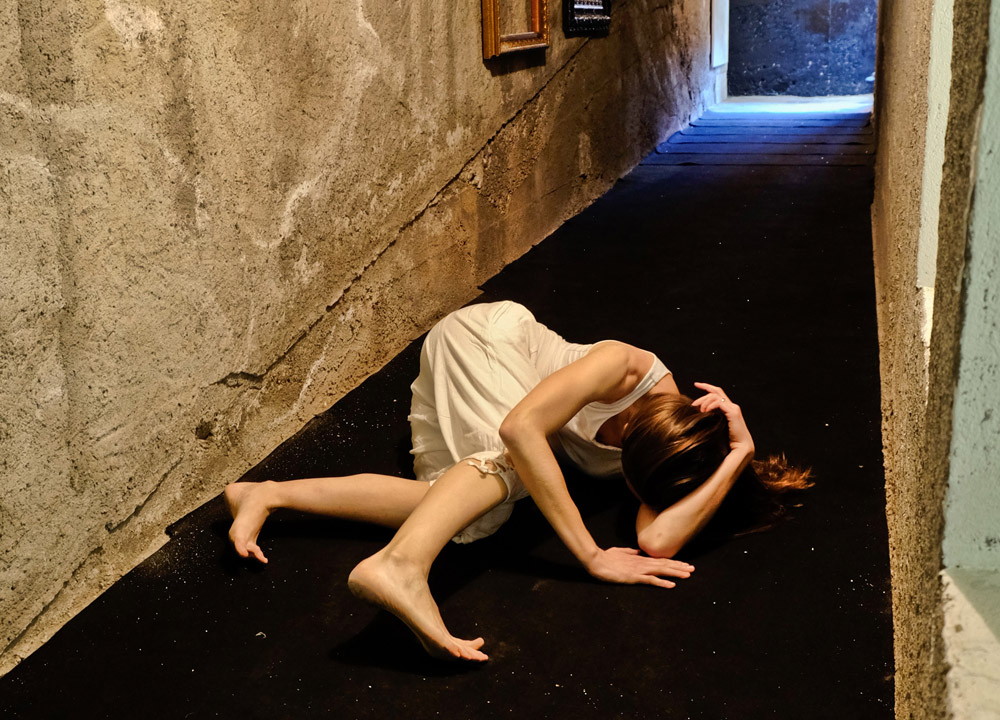Most fiction writers would like to think of themselves as artists. To be an author is to be an artist, right? Well, no; not necessarily. The question “are you a writer or an artist” might corner some of you. Perhaps you resist it.
“Surely”, you might say, “one can be both a writer and an artist”. Again, the answer is no, not necessarily. And mind you, I don’t mean that you might be writing nonfiction.
There are untold numbers of fiction writers out there who think they’re artists. Remember that short-lived meme that began with a statement – let’s take “I’m a writer” as our example – then continued with a series of photos, captioned like “What my mom thinks I do”, “What my friends think I do”?

It then ended with “What I really do”. And here’s where the problem lies. What you really do is often in conflict with what you think you do.
If you feel brave enough to discover something about you as a writer (or an artist) – self-delusion is a viable strategy for some people – by all means, read on.
(more…)
